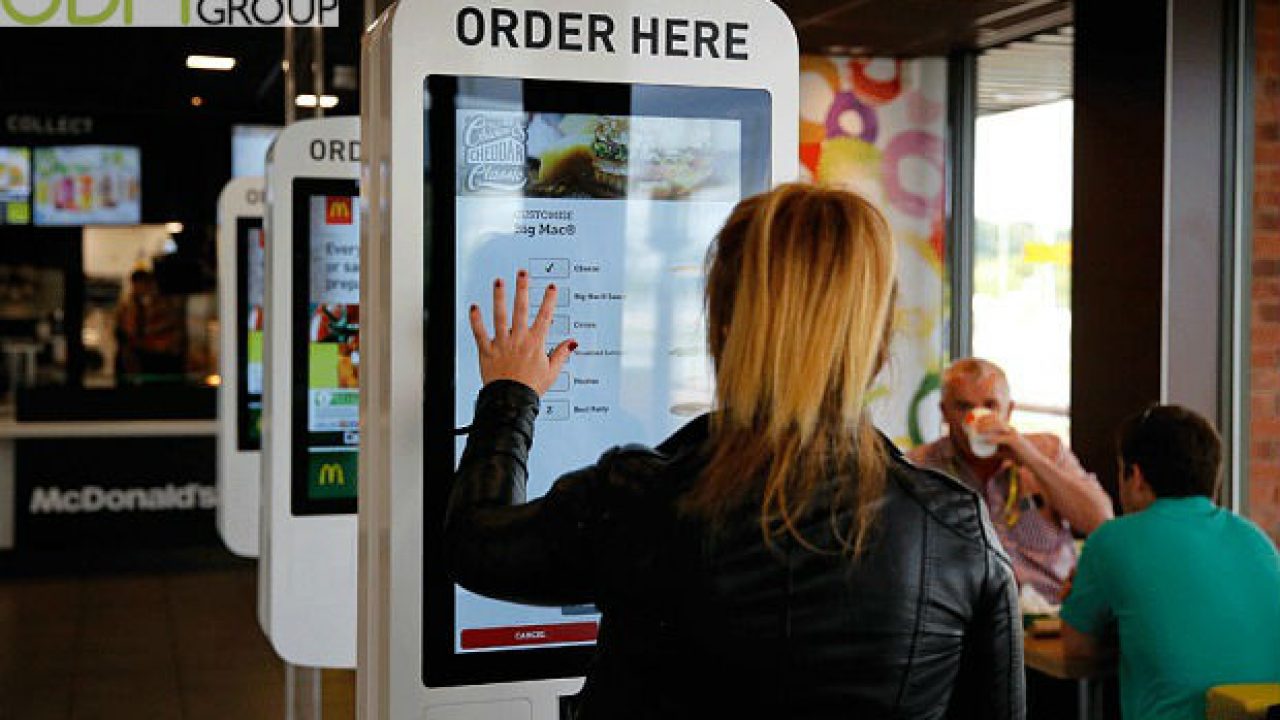Staff burnout in the restaurant industry is a prevalent issue, affecting morale, turnover rates, and customer service.
Restaurant and hospitality businesses are particularly prone to high levels of staff burnout due to several intrinsic factors related to the nature of the work and the environment in which it is performed.
Here are some reasons why these industries are especially susceptible to burnout:
- Long and Unpredictable Hours: Employees often work long, irregular hours, including nights, weekends, and holidays, disrupting their work-life balance and leading to physical and mental exhaustion.
- High-Pressure Environment: The need to maintain high levels of customer service amidst a fast-paced, often chaotic environment places constant pressure on staff, leading to stress and anxiety.
- Physical Demands: The job is physically demanding, requiring employees to be on their feet for extended periods, lifting heavy items, and performing repetitive tasks, which can lead to physical fatigue.
- Emotional Labor: Staff frequently manage demanding customers, requiring them to suppress their feelings and maintain a friendly demeanor, which can be emotionally draining and lead to burnout.
- Low Job Security: Many positions in the hospitality industry are perceived as having low job security, which can create a constant sense of financial and employment uncertainty.
- Limited Career Advancement: Opportunities for advancement can sometimes be limited, leading to a feeling of stagnation and lack of motivation among employees.
- Understaffing: Commonplace in the industry, understaffing increases the workload on existing staff, compounding stress and fatigue.
- Competitive Industry Nature: The need to constantly meet and exceed customer expectations in a highly competitive market adds to the stress and pressure experienced by employees.
- Lack of Autonomy: Many roles in hospitality have strict guidelines and little room for autonomy, which can be demotivating and contribute to feelings of burnout.
- Emphasis on Perfection: The high standards and emphasis on perfection in service delivery can lead to anxiety and fear of failure, exacerbating stress levels.

Here are ten strategies to mitigate this challenge effectively:
Foster open communication
Create a culture where staff feel comfortable sharing their concerns. Regular meetings and an open-door policy can facilitate this dialogue, ensuring issues are addressed promptly.
Implement flexible scheduling
Flexibility in scheduling can significantly reduce stress among staff. Consider shift swaps, part-time positions, and accommodating personal requests to promote work-life balance.

Encourage regular breaks
Ensure staff take regular breaks during shifts. Short pauses can rejuvenate energy levels and improve overall performance.
Provide professional development
Offer training and career advancement opportunities. Growth prospects can boost morale and reduce the feeling of stagnation.
Recognize and reward efforts
Acknowledge hard work through employee recognition programs. Simple gestures like ‘Employee of the Month’ awards can have a substantial positive impact.
Introduce stress-reduction activities
Organize activities that promote relaxation, such as yoga sessions or team outings. These can help alleviate stress and build team cohesion.
Ensure adequate staffing
Understaffing can lead to burnout quickly. Ensure your restaurant is adequately staffed to handle peak times without overburdening your team.

Leverage technology
Adopt tools that streamline operations, such as POS systems and digital ordering platforms. These can reduce the workload and improve efficiency.
Promote physical and mental health
Encourage a healthy lifestyle by offering wellness programs or gym memberships. Mental health support, such as counseling services, can also be invaluable.
Create a supportive culture
Foster a team environment where everyone supports each other. A positive workplace culture can significantly reduce stress and burnout.
By implementing these strategies, restaurant owners and managers can create a more supportive and sustainable working environment, reducing staff burnout and enhancing overall productivity and satisfaction.





